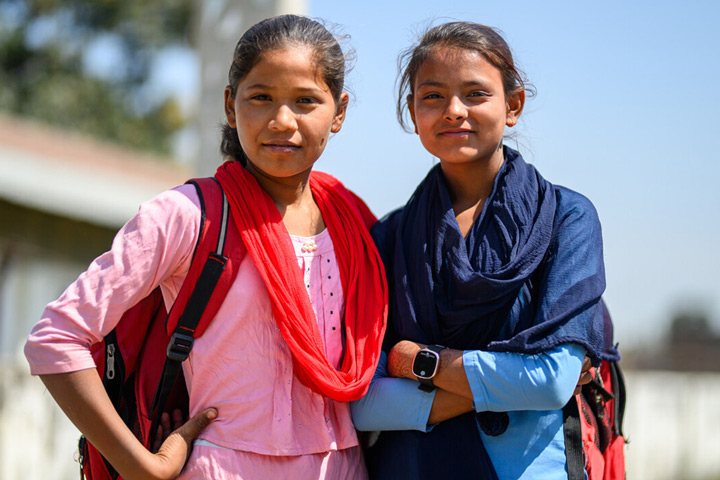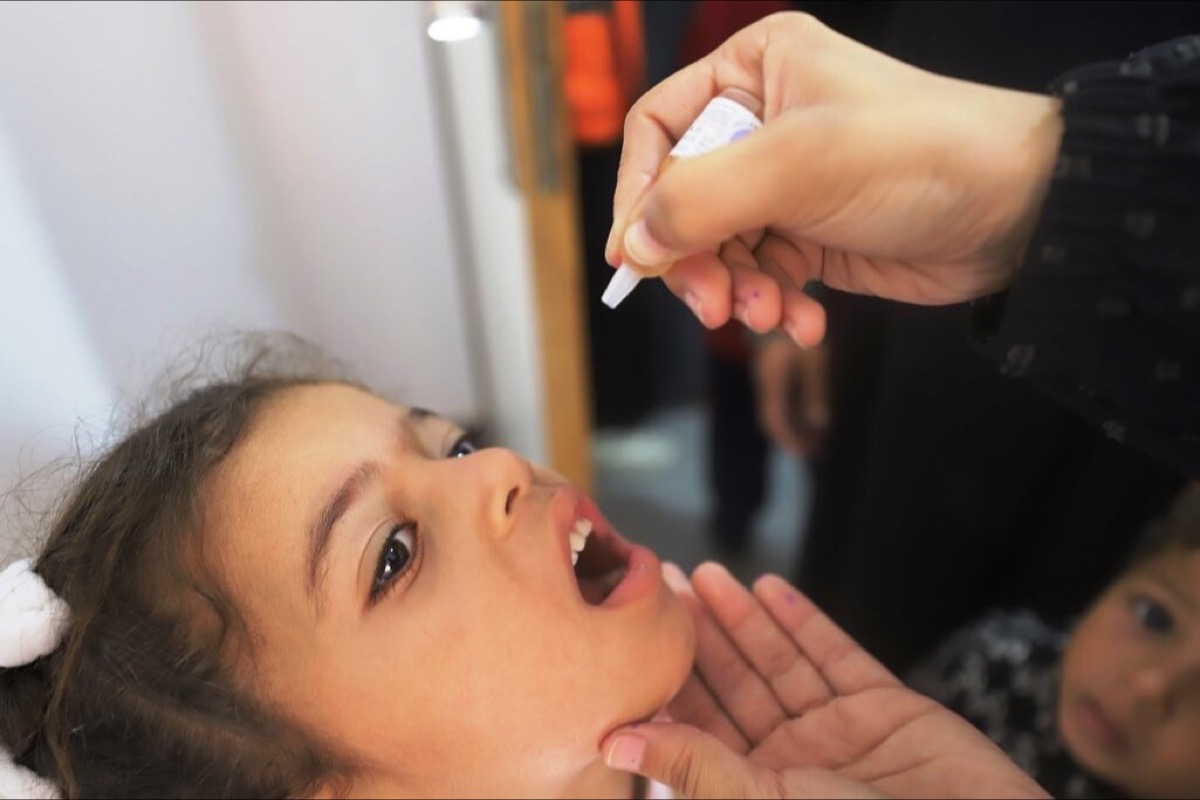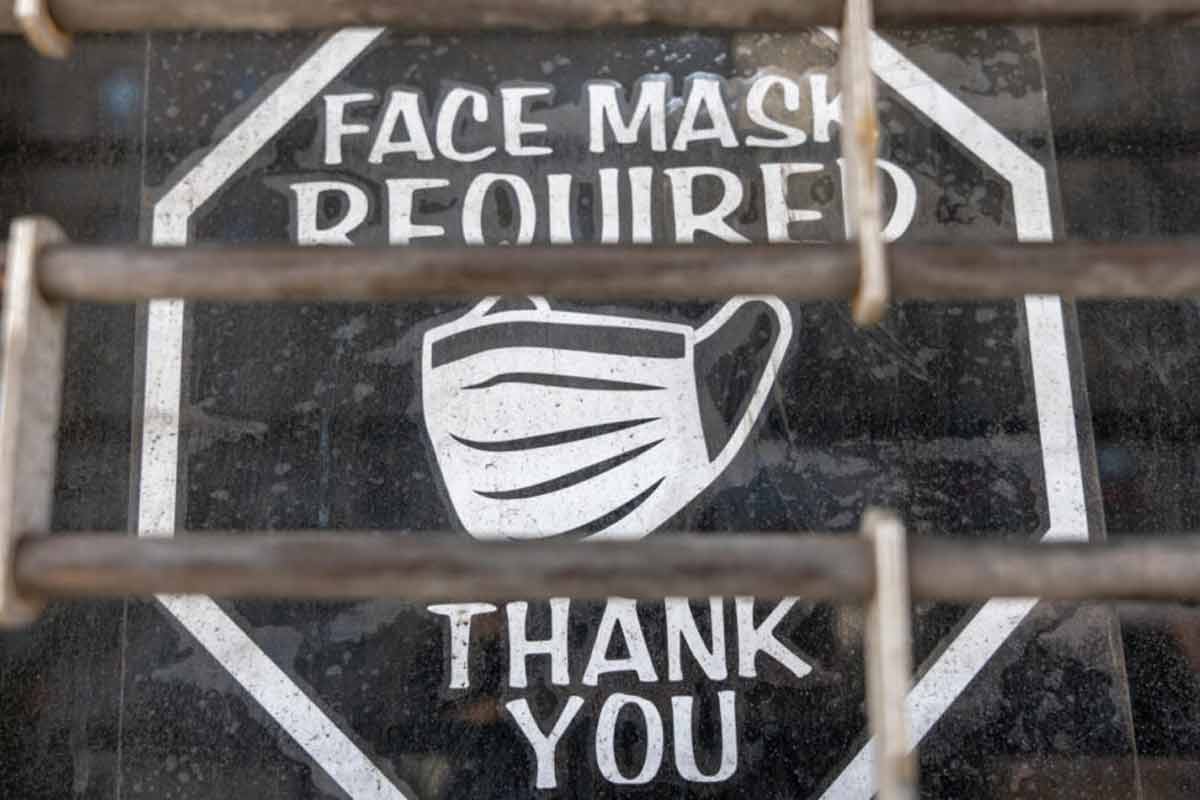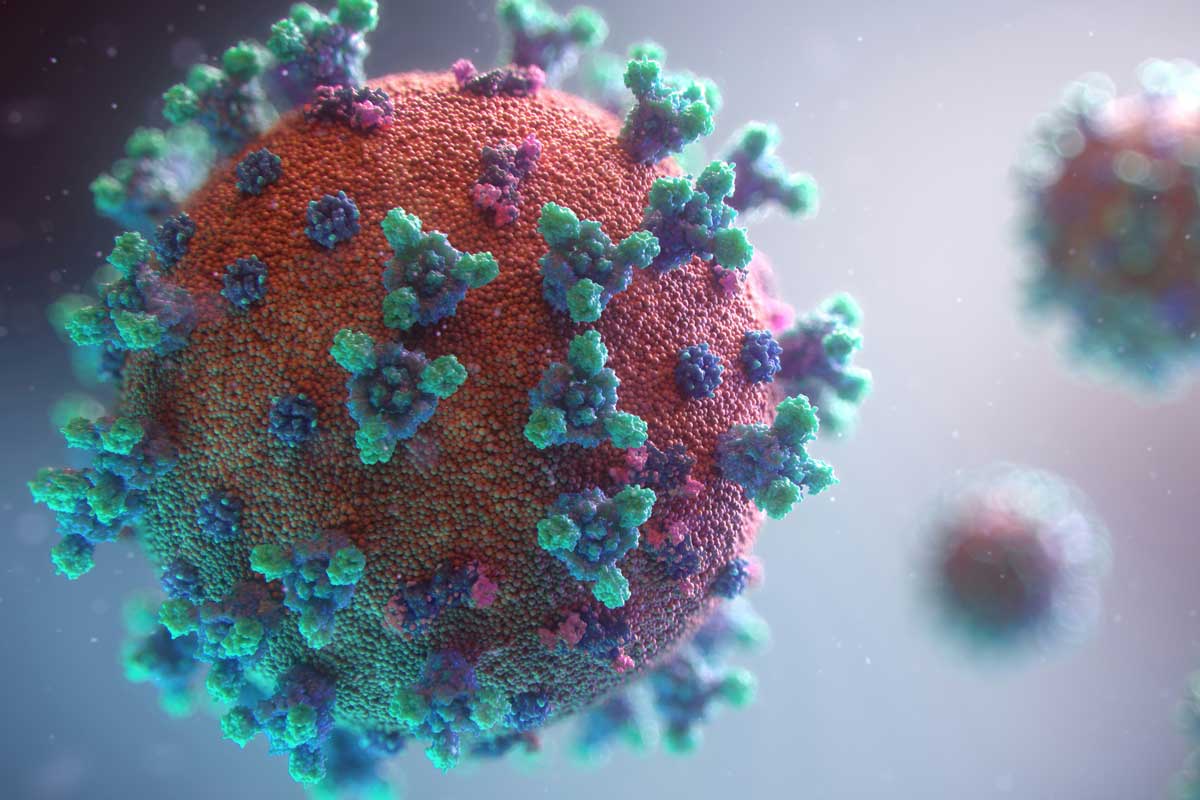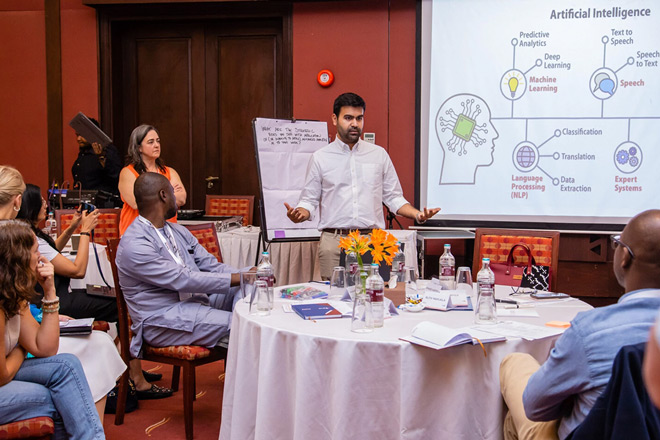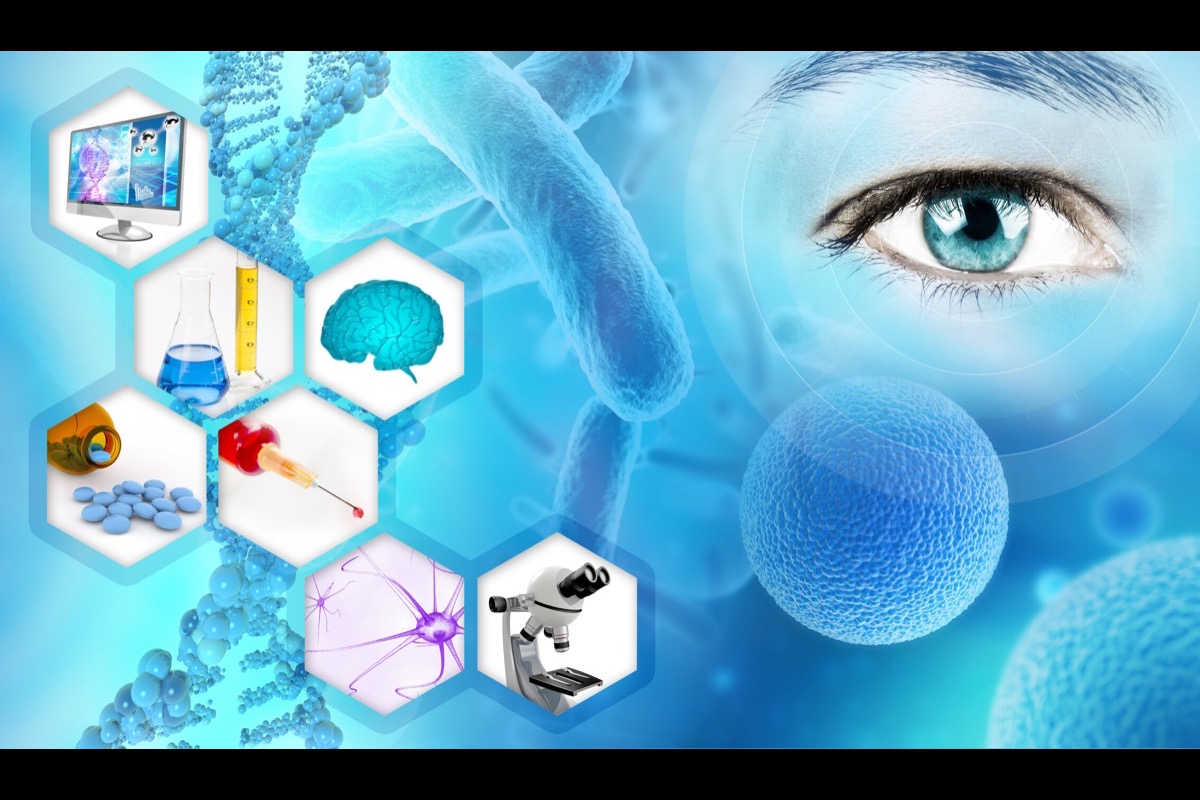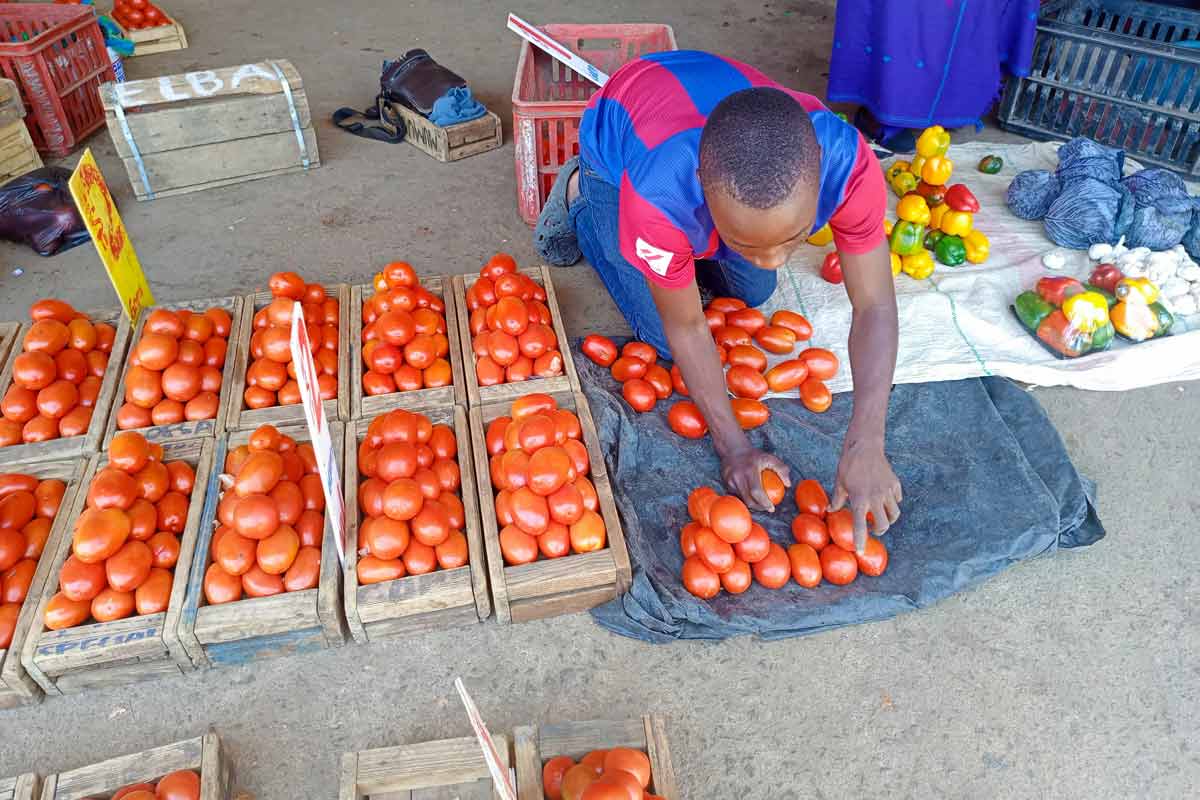Doctors, scientists or politicians: who are you most likely to trust after the pandemic?
Doctors are rated as trustworthy by almost two-thirds of people, according to the Ipsos Global Trustworthiness Index 2021. Scientists came in second, at 61% and teachers third, at 55%. How to restore trust is a key and growing theme for policymakers.
- 1 November 2021
- 3 min read
- by World Economic Forum

The perception of how trustworthy doctors are has risen in the past few years, as the COVID-19 pandemic swept around the world, putting them in the spotlight.
Almost two-thirds of respondents to a global survey rated doctors as trustworthy, according to the Ipsos Global Trustworthiness Index 2021. Scientists came in second, at 61% and teachers third, at 55%.
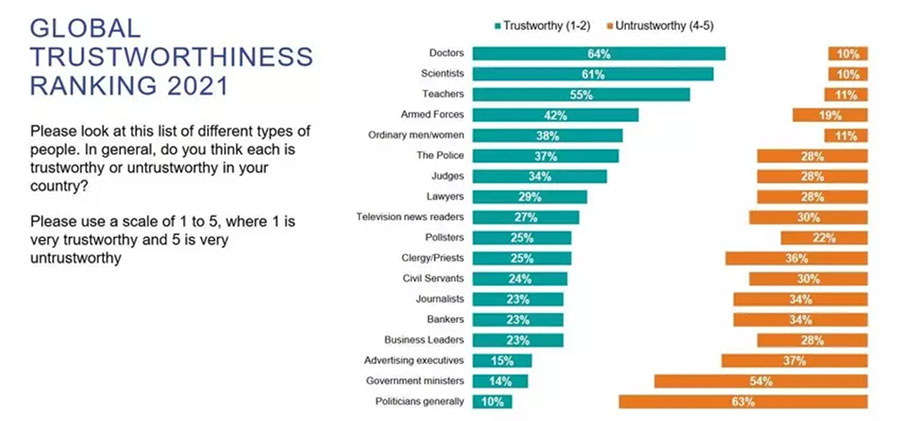
Image: Ipsos Global Trustworthiness Index
At the other end of the scale, 10% said they believe politicians are trustworthy, 14% say the same about government ministers and 15% about advertising executives.
“While many professions’ positions have barely shifted over the last few years, one notable impact during the pandemic has been a boost to the standing of doctors,” Ipsos said. “Many other professions remain at similar levels to those recorded in pre-pandemic waves, including politicians, who have been bottom of the list in all three years.”
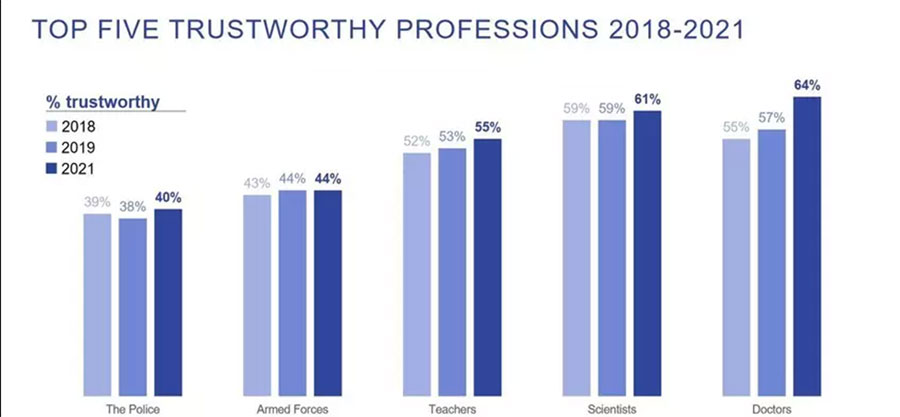
Image: Ipsos Global Trustworthiness Index
The seven percentage point boost for doctors since 2019 pushed them above scientists, whose standing remained fairly steady across the three years to 2021, with around six in 10 people rating them as trustworthy.
Have you read?
How trust varies between countries
On a country-by-country basis, Great Britain puts the most stock in doctors, with 72% of people surveyed rating them as trustworthy. They are similarly highly trusted by the Dutch and the Canadians.
Doctors and Politicians - Who can you trust more?
— Statista (@StatistaCharts) October 20, 2021
A worldwide @Ipsos survey reveals, that medical professionals are indeed the most trusted group in the world (54%) whilst politicians have come out on the bottom rank (-52%).
What are your thoughts? Do you agree with this chart?
Perhaps galvanized by the pandemic, many countries show an increase in rankings of doctors – for example in Hungary and Chile, the proportion rating doctors as trustworthy has risen by 19 percentage points between 2019 and 2021. There were also double-digit increases in trust in doctors in Saudi Arabia, Poland, Brazil and Russia.
Levels of distrust
Mexico is the only country to register a fall in the trustworthiness of doctors between 2019 and 2021, the index shows, falling from 71% to 66%.
The Ipsos survey was conducted online between 23 April and 7 May 2021 and included nearly 20,000 adults from 28 countries.
Across the board, government ministers, advertising executives and politicians were deemed to be the least trustworthy, although their standing had improved a little during the pandemic.
Between 2019 and 2021, the proportion who see politicians as untrustworthy fell four points from 66% to 62%, while distrust of government ministers has dropped by five percentage points.
Restoring trust
How to restore trust is a key and growing theme for policymakers. The Ipsos survey comes after the 2021 Edelman Trust Barometer revealed what it called “an epidemic of misinformation and widespread mistrust” of institutions and leaders around the world.
That report found falling trust scores in all of the societal leaders it tracks – from government leaders, to chief executives, journalists and religious leaders.
These drops in trust and a backdrop dominated by the fallout from the COVID-19 pandemic, offer a chance to shape a more sustainable, resilient world, according to the World Economic Forum.
Author
Emma Charlton
Senior Writer, Formative Content, World Economic Forum
Website
This article was originally published by the World Economic Forum 27 October 2021.
More from World Economic Forum
Recommended for you
